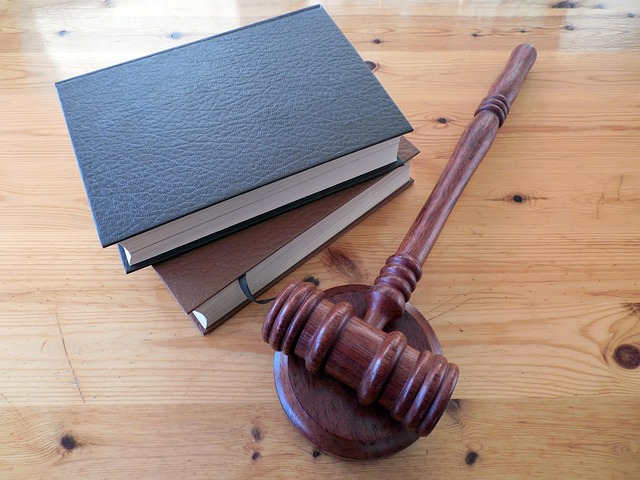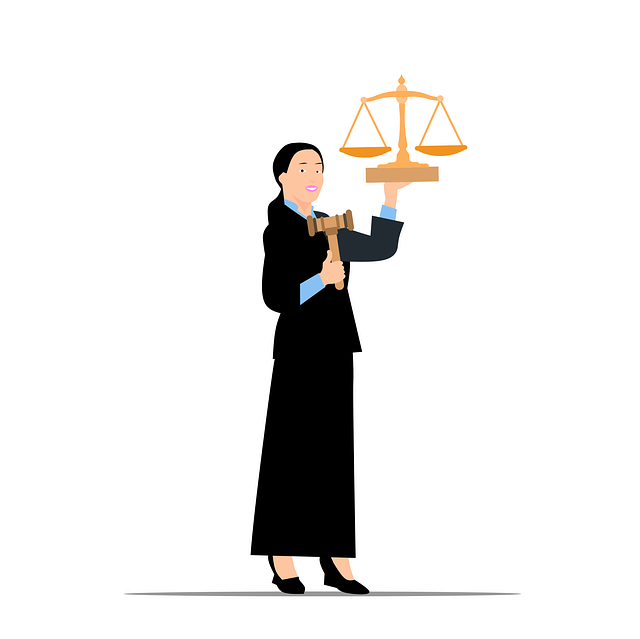Antitrust laws protect fair competition and consumer rights by preventing price fixing, market division, and monopolies. Understanding these laws is essential for employees facing employment law complaints, especially when involving antitrust violations. The steps to file an effective complaint include gathering evidence (pay stubs, job descriptions, communications), consulting attorneys, organizing documents chronologically, analyzing with experts, researching relevant laws, identifying jurisdiction, preparing a detailed complaint, and presenting it to regulatory bodies or courts. Engaging qualified legal counsel for guidance ensures a robust case and positive outcomes in employment law complaints and antitrust litigation.
Antitrust violation cases play a crucial role in maintaining fair competition within industries. This article guides you through the complex landscape of employment law, focusing on antitrust breaches. We explore essential aspects, from understanding relevant laws to navigating the legal process. Learn specific steps to file a formal complaint, including gathering evidence and securing representation. By following these strategies, individuals can effectively address potential violations and ensure a just resolution under employment law.
- Understanding Antitrust Laws and Their Relevance
- Identifying Potential Violations in Employment
- Gathering Evidence for Your Case
- Steps to File a Formal Complaint
- Navigating Legal Process: Representation & Resolution
Understanding Antitrust Laws and Their Relevance

Antitrust laws are a critical component of our legal framework, designed to protect fair competition in the marketplace. These regulations prevent businesses from engaging in anti-competitive practices such as price fixing, market division, and monopolistic behavior, ensuring a level playing field for all participants. Understanding these laws is essential, especially for those looking to navigate high-stakes cases. By recognizing potential violations, individuals can take the necessary steps to file an employment law complaint, ensuring their rights are protected.
The relevance of antitrust laws extends beyond competition; they safeguard consumers by maintaining fair prices and fostering innovation. In cases involving white collar and economic crimes, an unprecedented track record of successful prosecutions sends a strong message that such activities will not be tolerated. Therefore, it’s crucial to familiarize oneself with these laws as a proactive measure against potential violations.
Identifying Potential Violations in Employment

Identifying potential antitrust violations in employment is a crucial step for employees who believe their rights have been infringed upon. The first course of action is to gather evidence, which may include pay stubs, job descriptions, and any communication related to the alleged violation. This process is essential as it forms the backbone of a future legal case. By documenting conversations, emails, or meetings that discuss anti-competitive practices, such as price-fixing or market division, employees can build a strong case against their employers.
If an employee suspects a violation, they should consider consulting with an employment law attorney who specializes in antitrust litigation. These legal professionals can guide them through the steps to file an employment law complaint, ensuring all necessary information is included. This may involve submitting detailed reports and supporting documents to relevant regulatory bodies or even taking the matter to court for a complete dismissal of all charges if the evidence warrants it. Ultimately, understanding one’s rights and employing strategic measures are key to navigating such complex legal matters successfully, especially in fostering fairness within both the philanthropic and political communities.
Gathering Evidence for Your Case

Gathering evidence for an antitrust violation case involves a meticulous process that requires careful planning and execution. The first step in this process is to identify relevant documents, communications, and data that can prove or disprove the allegations. This may include financial records, contracts, internal company emails, meeting minutes, and market analysis reports. It’s crucial to organize these materials chronologically and categorically for easy reference during the investigation and any subsequent legal proceedings.
Once the evidence is compiled, it’s essential to analyze it critically, looking for patterns or discrepancies that could strengthen your case. This step often involves collaborating with experts in antitrust law and economics who can help interpret complex data and provide insights into market dynamics. By following these steps and employing robust evidence gathering techniques, individuals and organizations can effectively build a solid foundation for their employment law complaints, aiming to achieve extraordinary results while avoiding indictment for white-collar and economic crimes.
Steps to File a Formal Complaint

To file a formal antitrust violation complaint, the first step is to identify and understand the specific legal basis for your claim. This involves researching relevant laws, such as those governing competition and market conduct, to determine if there’s a violation that impacts your business or interests. Once you’ve identified a potential breach, gather comprehensive evidence documenting the alleged anti-competitive behavior. This could include contracts, communications, financial records, and any other documents that support your case.
Next, decide whether to file with federal or state authorities, as jurisdiction varies based on the nature of the violation and its impact. For instance, the Federal Trade Commission (FTC) handles a wide range of competition-related issues, while state attorneys general often take on cases involving local businesses or specific industries. Prepare a detailed complaint outlining the alleged violations, their impact on your respective business, and any requested remedies. Present this to the appropriate regulatory body, ensuring it’s well-structured, supported by evidence, and aligns with the legal standards for antitrust litigation. High-stakes cases, especially those involving corporate and individual clients, demand meticulous attention to detail throughout this process.
Navigating Legal Process: Representation & Resolution

Navigating the legal process of antitrust violation cases can be daunting, but with proper representation, individuals and businesses have a powerful tool to protect their rights. The first step in addressing these complex issues is understanding the specific allegations and gathering relevant evidence. This may involve reviewing contracts, financial records, and communication logs to build a solid case. Once prepared, one of the most crucial decisions is choosing legal counsel with expertise in antitrust law. An attorney who specializes in high-stakes cases can provide invaluable guidance, ensuring his clients’ interests are protected throughout the process.
The resolution of such cases often leads to significant outcomes, whether through settlements or successful trials. Many unprecedented track records of winning antitrust violation cases have been achieved by dedicated legal teams, securing substantial damages for affected parties. The Steps to File an Employment Law Complaint vary depending on the jurisdiction and specific circumstances, but a qualified lawyer will guide clients through each stage, from drafting and filing the initial complaint to negotiating settlements or presenting the case before a judge or jury.
In light of the above discussions, it’s clear that navigating antitrust violation cases, especially in employment, requires a thorough understanding of relevant laws and a strategic approach. By identifying potential violations, gathering compelling evidence, and following the outlined steps to file a formal complaint, individuals can effectively assert their rights. Engaging legal representation throughout the process can significantly enhance outcomes, ultimately leading to resolution and justice. Remember that staying informed and proactive is key when it comes to employment law complaints.






